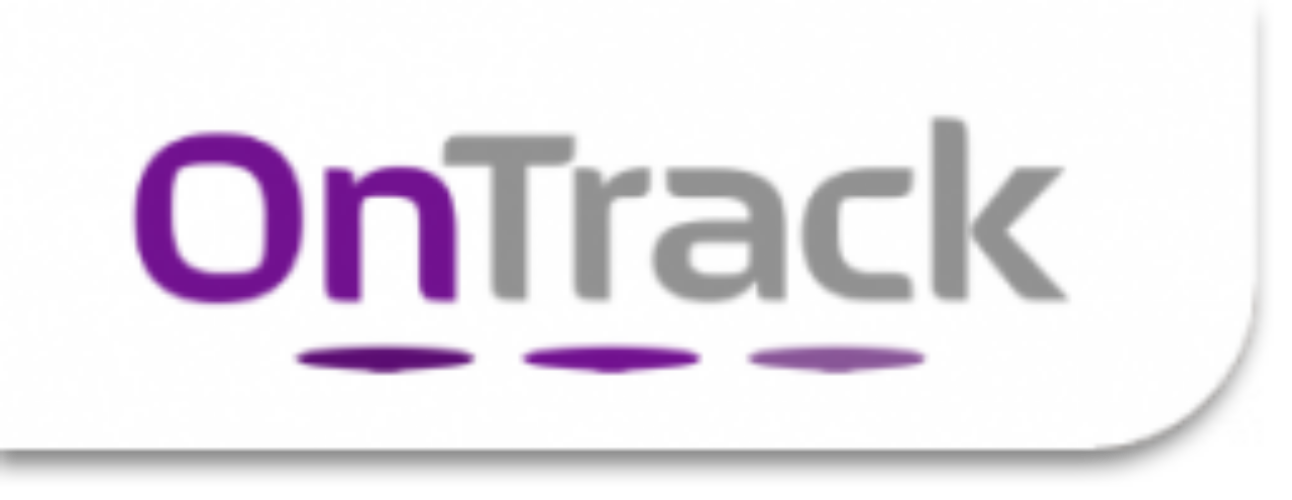Technological change and advancement is increasing every day. It has never been as fast as it is today, and tomorrow it will be even quicker. With this massive advancement comes a whole host of exciting new possibilities. Everyone can be connected, everything can be done quicker, and the way that we live our lives has been revolutionised. Many people, including myself, couldn’t fathom a world without today’s digital culture, but it does lead to wonder, what really is the effect of this new digital era on us?
Hyperconnectivity, the idea that everyone everywhere can always be connected, is a term that increasingly applies to modern business. This constant availability has caused a shift in the relationships that we have with our colleagues and bosses. Pre-millennial workplaces will be more familiar with a clearer division between personal and work life. Today social media sites like Facebook and LinkedIn, and our hyperconnectivity make that line harder to define. Of course this is convenient, but can also have drawbacks. In France, a new law has made it legal for employees to ignore phone calls or emails from their bosses after 6pm. The chairman of the General Confederation of Managers, Michel de la Force, stressed the normality of being able ‘unplug’, as something that we should be doing out of habit.
everyone everywhere can always be connected, is a term that increasingly applies to modern business. This constant availability has caused a shift in the relationships that we have with our colleagues and bosses. Pre-millennial workplaces will be more familiar with a clearer division between personal and work life. Today social media sites like Facebook and LinkedIn, and our hyperconnectivity make that line harder to define. Of course this is convenient, but can also have drawbacks. In France, a new law has made it legal for employees to ignore phone calls or emails from their bosses after 6pm. The chairman of the General Confederation of Managers, Michel de la Force, stressed the normality of being able ‘unplug’, as something that we should be doing out of habit.
So why is having this chance to completely disconnect important? Much of this, I believe, is linked to the change in expectations.
Expectations have been heightened, primarily due to the change in pace. The digital age has made everything easier to do, and therefore quicker. Google averages at about half a second to bring up its results. And that is where the modern day bar for pace is set. In the workplace, a task that before would have taken weeks, can be done in a day. This means that more is expected of individuals and there is more pressure, both exerted from bosses and colleagues, and the pressure you exert on yourself, knowing that this task can be done quickly. So with the increased pressure, comes a necessity to unplug and disconnect before we burn ourselves out.
However with this change of pace also comes an interesting new debate about the versatility of the new, technological generations emerging. Is the technological revolution shaping generations that are more equipped to deal with change, and won’t be left behind with the digital steps that are to be made in the future, or will we all eventually fall short of technological standards?
Generational differences in technological mind-set is often characterised by individuals’ digital profiles. Sites like LinkedIn are becoming more frequently used, and digital profiles are beginning to overtake the real you. In terms of the impact of digital profiles, we can use the case study of Donald Trump. Trump is infamous for saying what he thinks, and his twitter feed characterises this trait. Much of the criticism against the president has been aimed at his twitter feed – a prime example of how a person’s digital persona has become their brand
Does having such a powerful digital profile make us vulnerable?
With digital profiles comes many details about ourselves published online. This all adds to the ever increasing collection of data and information online. Business areas like marketing have been transformed by the digital era. Knowing when people will be most likely to buy a product, and where to put ads based on the person themselves is becoming the priority, and is made possible by the vast amount of collectible data from our digital profiles and activities. Is this ‘over-effective’ and an invasion of privacy, or does it make life more convenient? Perhaps both can be said, but either way, it is an entirely new way of functioning, and this new digital era has had this huge effect on all aspects of working life.
Overall, the digital age heralds a new level of efficiency and productivity for companies everywhere. So what is Psychological impact on you?
Take a moment to consider how you have interacted digitally with customers, clients or team members this week:
- What was the immediate impact or sense of effectiveness?
- What do you see as the long term benefits and risks?
- What are the real or imagined implications of working digitally over dealing with people face to face or on the phone?
- What is your biggest concern?
- How do you plan to use the opportunities presented by the digital age?
Reflecting on your answers to these questions may help improve your personal effectiveness.
In your workplace or in your team, do you think the new digital era is to be feared or welcomed? As a leader or team member, understanding people’s perception to digitization, and being aware that different generations, learning preferences etc. can impact digital interaction, can improve your overall effectiveness. Ensuring different needs are catered for, and encouraging versatility and adaptability both have important roles to play in being a digital leader.
It will be years before we truly understand the psychological impact of the rapid digitization. It is our responsibility as leaders and team members to be open, curious and patient as we all continue this journey together.
Written by Kate McKay, research associate for Beth Chadwick.



